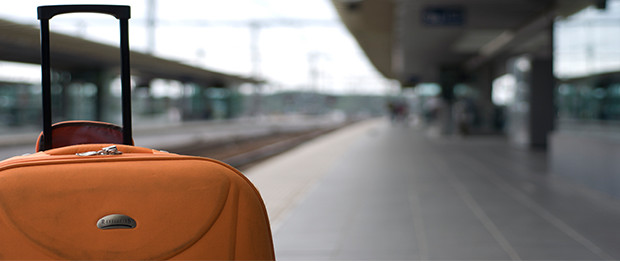No one wins from making bogus travel insurance claims

In a recent survey, over 15 per cent of travellers surveyed admitted to either falsely increasing the amount of a travel insurance claim or entirely fabricating a claim. The average value of a dishonest travel insurance claim was NZ$690.
Insurance fraud raises the costs of insurance for everyone, so if your friend is thinking about increasing the value of their travel insurance claim, the result is an increased premium for your next trip.
Similar to how credit card companies look for buying patterns that don’t match typical habits, travel insurance companies have dedicated specialists who review claims for fraud. Information on fraud is also shared among insurers so something that worked once will likely not work again in the future—even with another insurance company.
Finding fraudulent claims
Investigators from travel insurers have uncovered fraud by:
- Properly identifying scars as the result of cosmetic surgery rather than emergency medical treatment
- Attempting to pack all the claimed ‘lost’ items into the luggage the traveller was carrying. (It wouldn’t all fit.)
- Finding images on social media of people with their lost or stolen items after their trips.
The reasons filing a false claim is a bad idea goes beyond having the claim denied. False claims can make it more difficult to get other types of insurance in the future. Even worse, falsifying an insurance claim is ultimately fraud, and that can land you with a criminal record or even in prison.
How to get your claim paid properly
If something does go wrong on your trip and it is covered by your travel insurance policy, you should file a claim when you return. Follow these five steps to get through the claims process more quickly:
Get documentation
When you have been robbed or are sick, the last thing you may be worrying about is getting documentation of what happened. However, that is the key to getting your claim paid so be persistent about getting a police report, lost luggage report or medical report with a diagnosis. For a complete list of documentation, review Cover-More’s list of supporting documentation
Keep receipts
If you have to spend money because of travel delays, illness or other covered reason, keep your receipts. You will need them when you file your claim.
Contact emergency assistance
If you are admitted to the hospital or if it seems like your claim will exceed NZ$1000, call the emergency assistance number as soon as possible. Have your policy number and a call back number available when you call. Getting our emergency assistance team involved early makes the entire process go smoother and faster.
File your claim immediately
You have 60 days after you return from your trip to file the initial claim. Cover-More will respond or settle most claims within 10 working days. Filing immediately means getting resolution more quickly and not having to hunt down paperwork after the fact.
Disclose other payments
You are not eligible to be reimbursed multiple times for the same expense. So if the airline gave you some compensation, you cannot get full compensation from your travel insurer as well. However, you may be able to get some additional compensation if you did not recoup all your expenses. You can still file a claim—just be sure to disclose any other payments.
If you have any questions, call the customer assistance team 0800-600-115.
Image courtesy of Flickr user Strange Luke; cropped from original